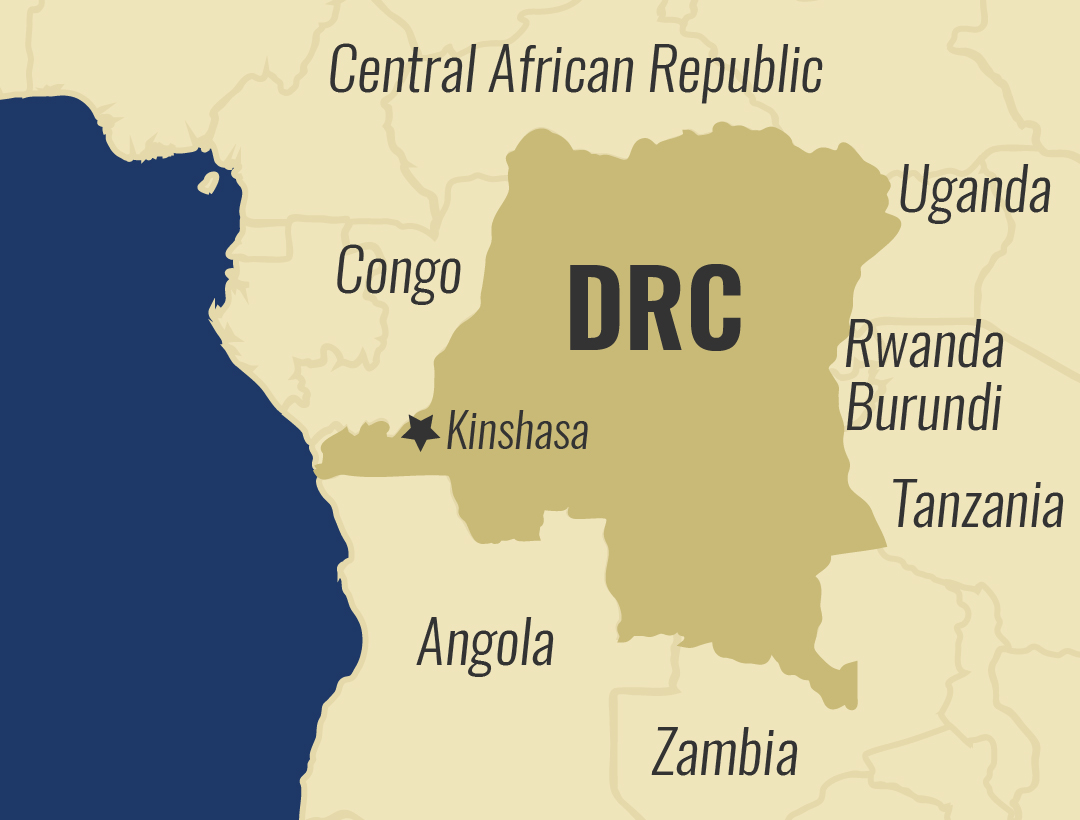Faces of Africa – Saving The Savannah
“It’s really sad to have to face the fact that, our most iconic mammal remaining on earth today, the African Elephant is under such pressure,” said Noel Mbise, the chief ecologist at the Singita Grumeti Fund.
Between 2009 and 2014, Tanzania lost more than half its elephant population by a whopping 60% decrease. These devastating statistics were published in 2016 following a Great Elephant Census which was carried out by Elephants Without Borders.
The aerial survey that was carried out for 7 years between 2007 and 2014 covered eighteen African countries which represented approximately 93% of all savannah elephants in those countries. Fifteen of those, where information on previous populations existed, 144,000 elephants were lost to ivory poaching.
Poaching husks for illegal ivory trade was/and still is the far more lucrative form that has had a devastating effect on the numbers of elephants across Africa.
Despite ivory’s value on the international black market, local poachers only receive a fraction of this amount, usually not more than 150 US Dollars to last them a week or so.
In response to this environmental crisis, Singita Grumeti Fund was established in 2002. It is a non-profit organization carrying out wildlife conservation and community development work in the western corridor of the Serengeti ecosystem in Tanzania.

The Fund has set up a few multi-faceted approaches in order to prevent poaching at the Singita Grumeti concessions. One of the outlooks that have been put in place is turning poachers into game scouts. Gotera Magesa is one such example. He is a former poacher who used to be famous for his hunting skills.
“Before I started working as a scout, I worked as a poacher, and I was a very good hunter,” said Magesa.

Magesa, a Tanzanian, realized the value of wild animals after being educated on the economic influence of animals to a society. This conviction got to him and decided to convert from poaching to being an anti-poaching game scout.
Game scouts guide the park for 24 hours a day. They start their day training to become physically strong. During the day, they scout for snares and report any ensnared animals to the fund for immediate action to be taken, and they spend their nights in observation posts looking out for any unusual movements.
Singita Grumeti Fund is also able to stay ahead of poachers through the new technology that helps them identify and collect data with their GPS systems, as well as communicating and connecting teams in response to poaching events. They are also able to watch the scouts for safety.

“With this kind of technology that we have here, you could actually just send the troops out in the ground when needed to,” said Alina Peter, a JOC operator.
Since the inception of The Singita Grumeti Fund in 2002, more than 3,834 poachers have been arrested.
“We cannot afford to lose this battle. We are going to have to continue no matter what,” told Noel Mbise, the chief ecologist at the Singita Grumeti Fund.






